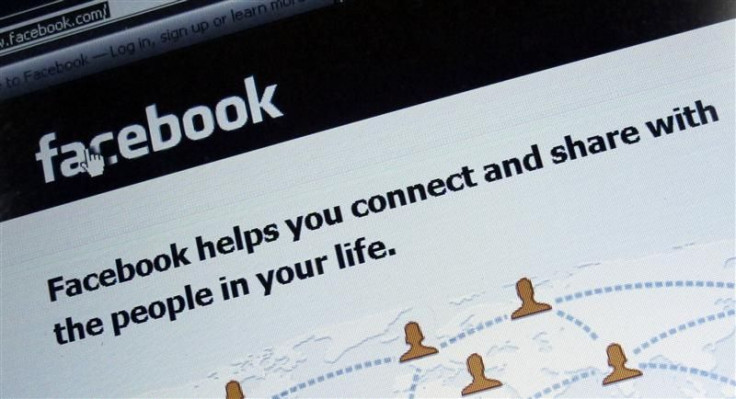Facebook Privacy: Network Forbids Employers From Seeking User Passwords

Following the increased reports that employers have been asking candidates for their Facebook passwords, the social media network has spoken up, saying the request breaches their privacy policy.
This practice undermines the privacy expectations and the security of both the user and the user's friends. It also potentially exposes the employer who seeks this access to unanticipated legal liability, Erin Egan, Facebook's Chief Privacy Officer wrote in a blog post.
The most alarming reports that have been presented to Facebook are instances where employers have asked for full login information of prospective and current employees, according to Egan. Facebook tells its users not to share their password with other parties as it not only breaches the privacy of the user, but also of their entire social network.
In response to the reports, Facebook has made it a violation of their Statement of Rights and Responsibilities to share or solicit a Facebook password.
As a user, you shouldn't be forced to share your private information and communications just to get a job. And as the friend of a user, you shouldn't have to worry that your private information or communications will be revealed to someone you don't know and didn't intend to share with just because that user is looking for a job, Ergan said.
Sharing Facebook account information will open employers up to discrimination, according to Facebook. Some accounts reveal age, group memberships, opinions and photographs that could potentially lead an employee to discriminate against the candidate.
Employers also may not have the proper policies and training for reviewers to handle private information. If they don't-and actually, even if they do--the employer may assume liability for the protection of the information they have seen or for knowing what responsibilities may arise based on different types of information (e.g. if the information suggests the commission of a crime), reads the Facebook privacy blog.
Facebook has come under scrutiny for not have solid privacy setting in the past and now the company takes privacy very seriously. We'll take action to protect the privacy and security of our users, whether by engaging policymakers or, where appropriate, by initiating legal action, including by shutting down applications that abuse their privileges, Egan says.
© Copyright IBTimes 2024. All rights reserved.





















